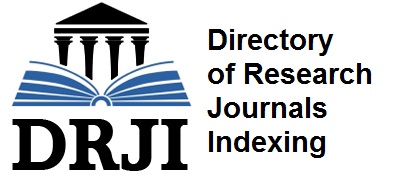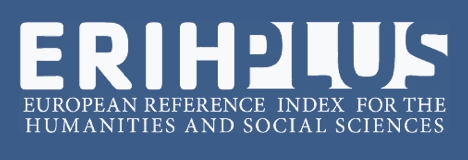Academic purges and reforms in the Academy in relation to the studies in Church history in the early stages of Communism in Bulgaria
Abstract
Verouchenie (‘faith-education’) was introduced into the Bulgarian schools as early as 1824 and remained a mandatory subject until 1944. With the rise of communists to power, education in religion was scraped from the schools’ curricula. Yet even under Communism, history lessons continued to provide knowledge of the Church’s role in history. However, professors and teachers, who – after World War II – were labeled as non-Marxists, were dismissed from their jobs and were subsequently replaced by people who would teach history from a Marxist viewpoint. This article presents several cases of well-known professors who lost their jobs in Sofia University on account of their being considered “bourgeois elements”.
L’insegnamento della religione ortodossa (verouchenie) venne introdotto nelle scuole bulgare sin dal 1824 e rimase materia scolastica obbligatoria fino al 1944. Con la presa del potere i comunisti ne vietarono l’insegnamento e la disciplina venne cancellata dai programmi di scuola. In quel periodo, però, grazie alle lezioni di storia si continuava a ottenere certe conoscenze sul ruolo che la Chiesa aveva avuto nella storia. I professori universitari e liceali, dichiarati non-marxisti l’indomani della seconda guerra mondiale, vennero licenziati e sostituiti da quadri leali al regime che avrebbero insegnato la storia da posizioni marxiste. Il saggio presenta alcuni casi di celebri professori dell’Università di Sofia che persero il lavoro perché considerati “elementi borghesi”.

This work is licensed under a Creative Commons Attribution-NonCommercial 4.0 International License.
Authors who publish with this Journal agree to the following terms:
Authors retain copyright and grant the Journal right of first publication with the work simultaneously licensed under a Creative Commons Attribution-NonCommercial 4.0 International License.
This Journal permits and encourages authors to post items submitted to the Journal on personal websites or institutional repositories both prior to and after publication, while providing bibliographic details that credit, if applicable, its publication in this Journal.

















